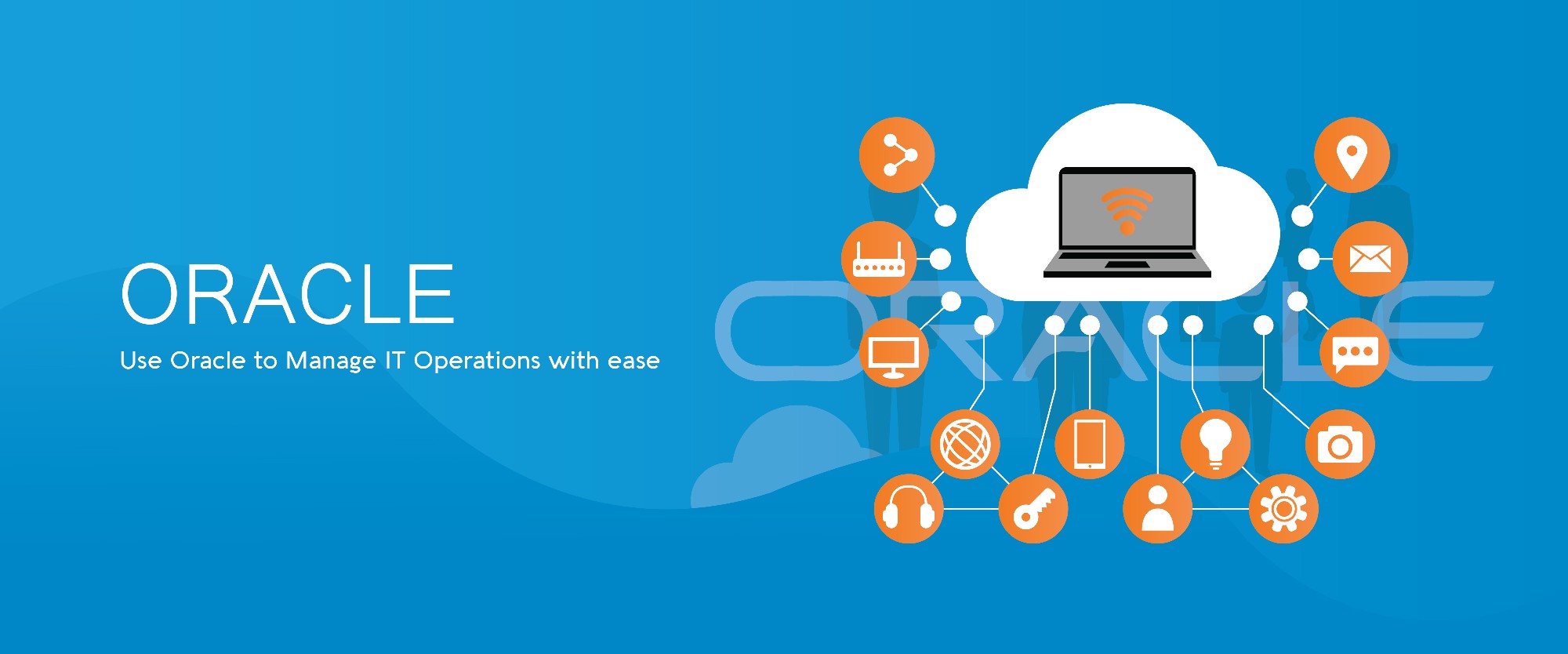
According to Flexera’s 2024 State of the Cloud Report, over 87% of enterprises now use a hybrid cloud strategy—combining both on-premises infrastructure and public cloud solutions. The challenge? Keeping everything running smoothly across platforms without stretching internal IT teams too thin. That’s where Oracle cloud managed services and skilled partners come in.
Hybrid cloud setups are great for flexibility. But managing them can get complicated—fast. Different systems, security protocols, data syncs, and user access all need to stay aligned. By combining the strength of Oracle’s cloud tools with support from experienced service providers, businesses can reduce stress, stay secure, and scale at their own pace.
Let’s explore how you can make hybrid cloud work better—without the tech headaches.
1. Easy Cloud and On-Prem Integration
Most companies aren’t going fully cloud-native all at once. They’re mixing on-prem systems with cloud-based applications. Oracle supports this kind of setup with solutions that work across both environments.
Oracle applications managed services help connect the dots between what you already use and what you’re moving to the cloud. Whether it’s finance systems, HR tools, or supply chain apps, expert teams can manage those applications so they stay functional and up to date, no matter where they’re hosted.
2. Better Use of Internal Resources
Managing hybrid cloud internally can be time-consuming. IT teams are often pulled in too many directions—patching systems, monitoring performance, responding to support tickets. It’s easy to fall behind.
That’s where Oracle cloud managed services make a difference. By handing off some of that day-to-day responsibility, your internal staff can focus on bigger-picture goals—like improving customer experience or launching new products. This isn’t outsourcing everything—it’s smarter allocation through staff augmentation or project-based consulting.
3. Cost Control Without Sacrificing Quality
One major concern with hybrid cloud is cost. You’re paying for cloud services and still maintaining legacy systems. Without proper oversight, spending can get out of hand.
Managed service providers can monitor usage, flag waste, and recommend ways to get more out of your Oracle tools. That includes rightsizing licenses, optimizing workloads, and cutting down on unnecessary infrastructure. All of this leads to smarter budgeting with fewer surprises.
4. Around-the-Clock Monitoring and Support
Downtime hurts. Whether it’s an e-commerce site or internal system, even a few minutes of outage can disrupt business and affect revenue.
With Oracle cloud managed services, you get continuous monitoring and fast response times. Problems can be fixed before they affect users. Updates are handled without hassle. And with access to expert support, you're not left guessing when something goes wrong.
This is especially useful in global businesses that operate across time zones and need non-stop access to systems.
5. Improved Security and Compliance
Hybrid setups can open the door to security risks—especially when different systems don’t talk well to each other. Oracle’s platform includes strong security tools, but it takes experience to configure and manage them properly.
That’s another area where Oracle applications managed services shine. Experts can help you meet compliance standards, manage access controls, encrypt sensitive data, and run regular audits. You get peace of mind knowing your systems are protected without needing to build a huge in-house security team.
6. Scalable Infrastructure That Grows With You
Businesses change quickly—new markets, new customers, new regulations. Your tech needs to keep up. Oracle’s hybrid cloud tools are built to scale. Whether you’re expanding storage, adding users, or launching a new product line, Oracle provides the flexibility to grow without starting from scratch.
With managed services in place, you don’t have to worry about how to scale—just when. Your service partner handles the technical side so your teams can focus on growth.
7. Access to Specialized Expertise
Every company is different. What works for one team may not fit another. The right support team brings not just technical skills, but real-world experience with Oracle tools and hybrid environments.
Instead of hiring full-time specialists, companies can use project-based consulting or direct placement options to bring in the right experts for the right task. This keeps costs predictable while still giving you access to top-tier talent when you need it.
The Final Wrap-Up
Hybrid cloud isn’t just a buzzword—it’s now the norm. But managing a mix of cloud and on-prem systems takes time, experience, and resources that many businesses just don’t have in-house.
That’s where Oracle cloud managed services and Oracle applications managed services come into play. They help simplify complexity, keep systems running smoothly, and allow your teams to focus on strategy instead of maintenance.
By working with the right experts, your hybrid cloud model can be efficient, cost-effective, and ready for whatever comes next.
Comments